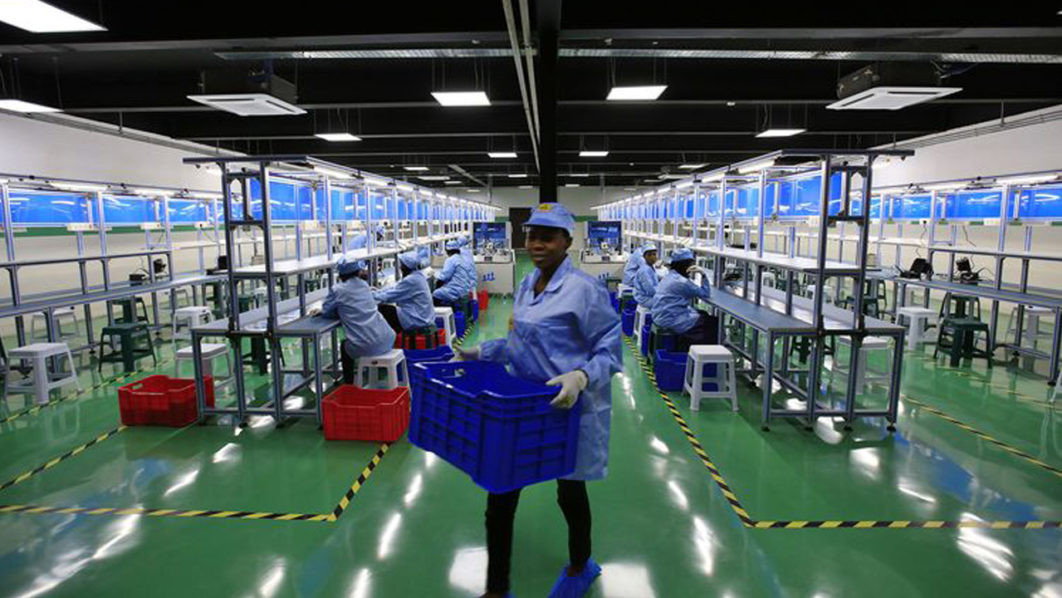
Manufacturing companies in Nigeria have reduced their debt burden by N1.62 trillion between February and June 2024, data from the Central Bank of Nigeria’s (CBN) statistical bulletin on sectoral distribution of credit by Deposit Money Banks (DMBs) has shown.
This drop, a 14.85 per cent decline in manufacturing loans, comes amid rising interest rates that have increased borrowing costs across the economy.
In February 2024, total credit allocated to the manufacturing sector stood at N10.88 trillion, which was an increase of N860 billion from N10.02 trillion recorded at the beginning of the year in January. However, by June 2024, this amount had reduced to N9.26 trillion. The decrease of N1.62 trillion between February and June reflects the sector’s struggle to manage higher financial costs following the CBN’s rate hikes, underlining the impact of monetary tightening on business operations.
The first interest rate hike under the current CBN Governor, Olayemi Cardoso, was introduced in February 2024, setting a tone for stringent monetary policies to curb inflation.
Manufacturers make up 16.63 per cent of total bank credit to the private sector just as total credit to the private sector across all industries also witnessed a sharp contraction over the same period.
In February 2024, private sector loans amounted to N61.56 trillion, which fell to N55.71 trillion by June 2024, a decline of N5.84 trillion. This indicated broader financial tightening, not just in the manufacturing sector but across other industries, as the cumulative effects of rate increases constrained loan accessibility.
In February, manufacturing loans made up 17.68 per cent of total private sector credit (N10.88 trillion out of N61.56 trillion). However, by June, this proportion slightly decreased to 16.63 per cent or N9.26 trillion out of N55.71 trillion. This showed that manufacturing firms, while still significant borrowers have significantly scaled back amid tougher borrowing conditions.
The CBN’s decision to raise the interest rates several times this year, aimed at taming inflation, has significantly altered the borrowing landscape.
As businesses struggle to stay afloat, many have opted to repay loans rather than incur higher interest expenses. This trend also points to a cautious outlook by firms, preferring to reduce exposure to volatile lending conditions in the months following the hike.
The CBN, this year alone, increased the monetary policy rate (MPR) five times to combat inflation and foster economic stability. The first hike increased the rate from 18.75 per cent to 22.75 per cent, then to 24.75 per cent, then to 26.25 per cent, again raised to 26.75 per cent and most recently last month, the Monetary Policy Committee (MPC) raised the rate by 50 basis points to 27.25 per cent.
These increases, totalling 850 basis points since Cardoso’s appointment, have been driven by efforts to tackle the country’s persistent inflation challenges, which include high core and food inflation while rising interest rates have made government securities more attractive to investors, as higher yields offer better returns with relatively lower risk compared to private-sector lending and has led to a surge in government borrowing; businesses and MSMEs are on the receiving end, burdened with higher borrowing costs they cannot afford.
As a result, some concerns that prolonged tight monetary policy could stifle economic growth, especially if businesses are unable to access affordable credit to finance expansion and investment.






